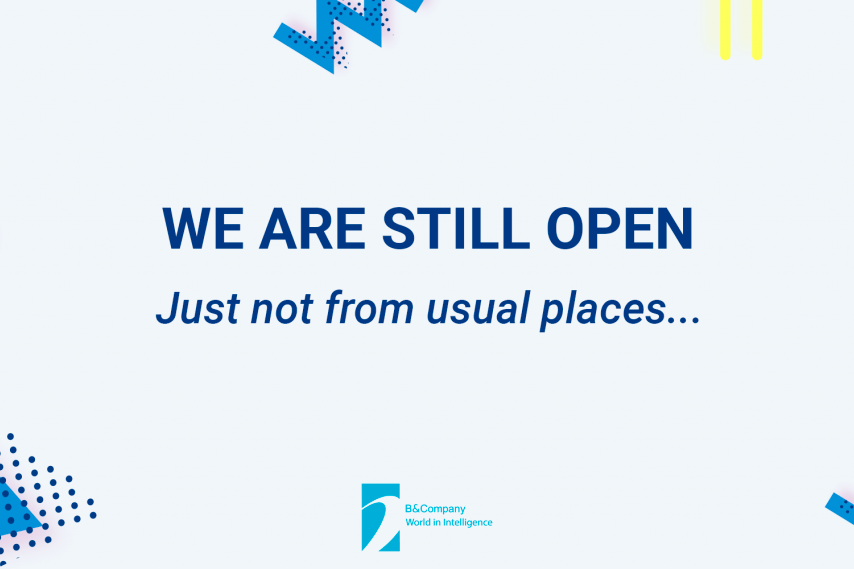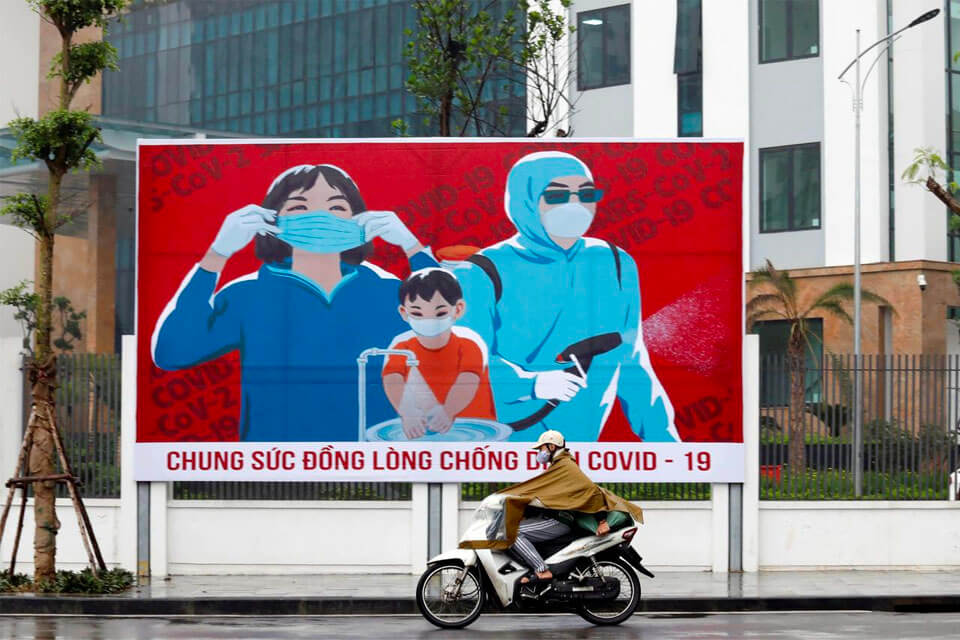
10Jun2021
Industry Reviews
Comments: No Comments.
Overview
/4th wave of the outbreak (05/2021)
Since the first COVID-19 infected case was confirmed in January 2020, Vietnam is now at the 4th wave of COVID-19 outbreak as the whole world is fighting against the unprecedented pandemic. Throughout the first year of the outbreak, Vietnam was recognized as one of the few countries in the world that witnessed positive economic growth, eventhough it was much smaller than normal higher growth rate that Vietnam had been possessing before 2020.
However, as the world is half-way into the second year of this so-called “new normal”, many heavily affected countries have managed to implement a fast and wide vaccination program in hope to achieve herd immunity and bring back the “old normal” of free movement as soon as possible. Meanwhile, Vietnam is somehow struggling with its 4th wave of the pandemic with rapid increase in the number of community-spread infected cases. Whether or not the newly developed types of vaccine would show effective result any time soon, and whether or not Vietnam would be able to handle this harsh wave as effectively as it did in the past without hurting the economic activities, it is still a question left without concrete answer at this point of a historic time.

After two surveys conducted in 2020, the team at B&Company decided to carry out an updated survey to understand the perception of Vietnamese people on COVID-19 outbreak as they experience the 4th wave of the pandemic. We believed there should be interesting findings as people have a more understanding of this once-in-a-lifetime event after 1.5 year with it.
All 3 times of the survey was conducted on B&Company’s online survey platform – BEAN Survey (https://beansurvey.vn). 80% of the survey content was intentionally kept the same for the third round in order to compare with the previous year.
2020 survey of same topic can be found here [link]
We plan to keep track of this research as the pandemic is still happening. Should you have any inquiry and feedback, please reach us at info@b-company.jp
- Key Findings
How people keep up with the news
- TV & online newspaper are among top sources to find news about COVID-19, especially among the older group while social media is more popular among the younger group. Most people unintentionally see COVID-19 news on Facebook, Zalo or through WOM, but these are not the popularly creditable sources that they actively use to keep updated.
- Official sources like TV, Gov. Website, hospitals’ website, printed newspapers are the most trusted
- Social media is popular but perceived source credibility is rather low
- The amount of fake news and rumors about COVID-19 seems to reduce after 1.5 year into the pandemic. In the second year, as vaccination started to be implemented, there is a considerably high amount of rumors going around on this topic.

Changing habits
- After one year into the pandemic, people have become more aware and are no longer try to stock as much goods, only for 1 week necessity or less in terms of hygienic & medical items; and upto 2 weeks for food & drink stock. Really necessary F&B and some easy, convenient for stock goods are most chosen. The higher income group seem to stock less
- Work from home, wearing masks, avoid public crowded places, keep hygiene (washing hands…) have become “the new normal”

Perception on Government’s policy & actions
- 98% people said that they follow guidelines from their organizations. As the outbreak escalated in May 2021, there seems to be some doubt towards Gov.’s response plan with percentage of people think it is “very effective” dropped from 69% to 35%.
- However, 96% still believe it is effective in general
- Among many actions by the Gov., vaccination work seems to be the area that needs much more improvement

Evaluation of COVID-19 situation & Future Outlook
- 54% believe COVID-19 outbreak would end when 2021 is over, probably due to the fact that vaccination is undergone. The older group seem to be more permistic that the pandemic might last longer
- Majority want to be vaccinated




